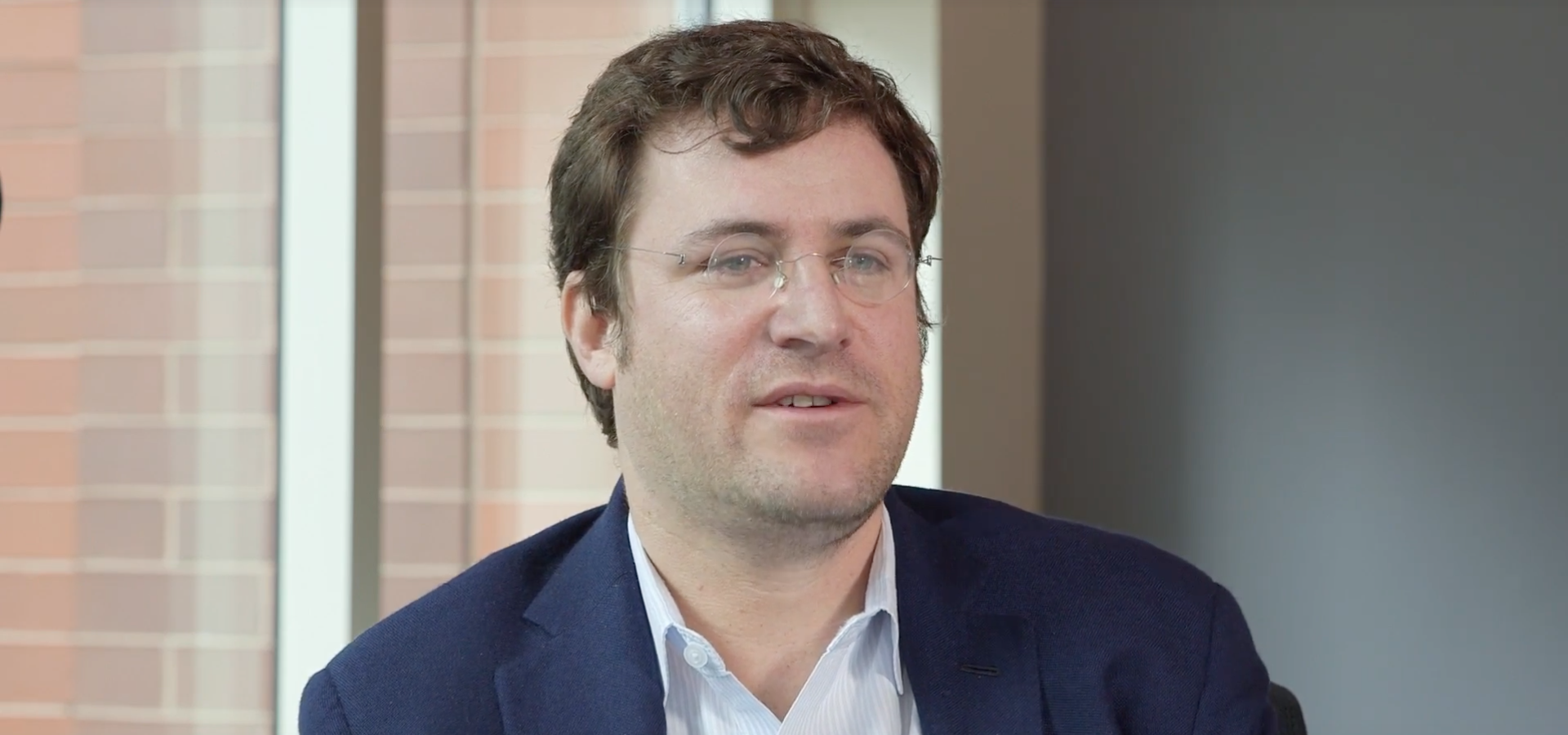Facebook has agreed to pay $550 million to settle one of the first and largest class actions launched under an Illinois biometrics privacy law.
Documents discussing the settlement in more detail have not yet been filed in San Francisco federal court. However, according to a release and statements from the law firms representing the plaintiffs in the class action, the deal represents "the largest all-cash privacy class action to date."
A statement from the law firms predict Illinois Facebook users are "likely to be compensated $200 or more."
The released statements don't address how much the lawyers will be paid from the settlement.
Facebook Chief Financial Officer David Wehner referenced the deal on Wednesday as part of his remarks on Facebook’s fourth quarter 2019 earnings report. In a teleconference on the earnings report, Wehner said a deal had been reached in principle.
The settlement framework and dollar total was confirmed in a release issued jointly by the law firms of Edelson PC, of Chicago; Labaton Sucharow, of New York; and Robbins Geller Rudman & Dowd LLP, of San Francisco and Chicago, among other offices. The law firms had led the consolidated class action in California’s Northern District federal court.
News of the settlement was first broken by the New York Times on Wednesday evening.
In a prepared statement, a Facebook spokesperson said the company reached the settlement because "it was in the best interest of our community and our shareholders to move past this matter.”
In their joint release, Edelson principal Jay Edelson said: “Biometrics is one of the two primary battlegrounds, along with geolocation, that will define our privacy rights for the next generation. We are proud of the strong team we had in place that had the resolve to fight this critically important case over the last five years. We hope and expect that other companies will follow Facebook’s lead and pay significant attention to the importance of our biometric information.”
Should the settlement win approval before U.S. District Judge James Donato, it would bring to a close a class action launched first in Cook County Circuit Court by the Edelson firm in 2015.
The lawsuit was one of the first of its kind filed under the Illinois Biometrics Information Privacy Act (BIPA.)
It accused Facebook of violating the BIPA law through its photo tagging system.
That program would scan digital photos uploaded to its social media platform and then map the facial geometry of individuals included in those photos, creating a template of the faces so individuals included in subsequent photos could be identified by Facebook’s algorithms and photos of them “tagged” with their name for ease of identification across the platform.
The lawsuit asserted Facebook needed to first obtain written authorization from users before scanning, mapping and tagging their faces in photos, and to provide users with disclosures and notifications concerning the tags.
The lawsuit claimed Facebook’s failure to do so should cost them $1,000-$5,000 per violation – or per face scan, or “tag” – for all Illinois residents whose likenesses were included in photos uploaded to Facebook. In court documents, Facebook and plaintiffs’ lawyers had indicated there could be tens of billions of dollars at stake, had the case gone to trial.
In the wake of the Edelson lawsuit, the Labaton and Robbins Geller firms followed with class action filings of their own.
Facebook removed all photo tagging lawsuits to California federal court, and the actions were consolidated before Judge Donato.
Facebook asserted the class actions were improper because no one was actually harmed by the photo tags and Illinois law shouldn't apply to companies based in California, simply because Facebook has users in Illinois.
However, Judge Donato rejected those assertions.
And on appeal, a three-judge panel of the U.S. Ninth Circuit Court of Appeals similarly rejected Facebook’s defenses, relying heavily on a decision from the Illinois Supreme Court which had found plaintiffs don’t need to prove they were ever really harmed by technical violations of the Illinois BIPA law before being allowed to press lawsuits that could be worth billions.
The Facebook settlement was announced just a week after the U.S. Supreme Court had rejected Facebook's appeal of the Ninth Circuit decision.
The Illinois Supreme Court ruling has since spawned hundreds more class actions under BIPA, with more piling into Cook County courts and other Illinois courts by the week.
Initial actions under Illinois BIPA targeted big tech companies and social media platforms, including Shutterfly, Google and others.
The new lawsuits, however, have targeted predominantly much smaller companies, including employers of all sizes who require workers to scan fingerprints on so-called biometric punch clocks to prove their identity and track their work hours.
As a result, the actions have also increasingly targeted vendors, like ADP and Kronos, which supply and maintain the biometric timeclocks and related software.
Lawyers have warned BIPA judgments against employers in Illinois could be crippling to some companies.
